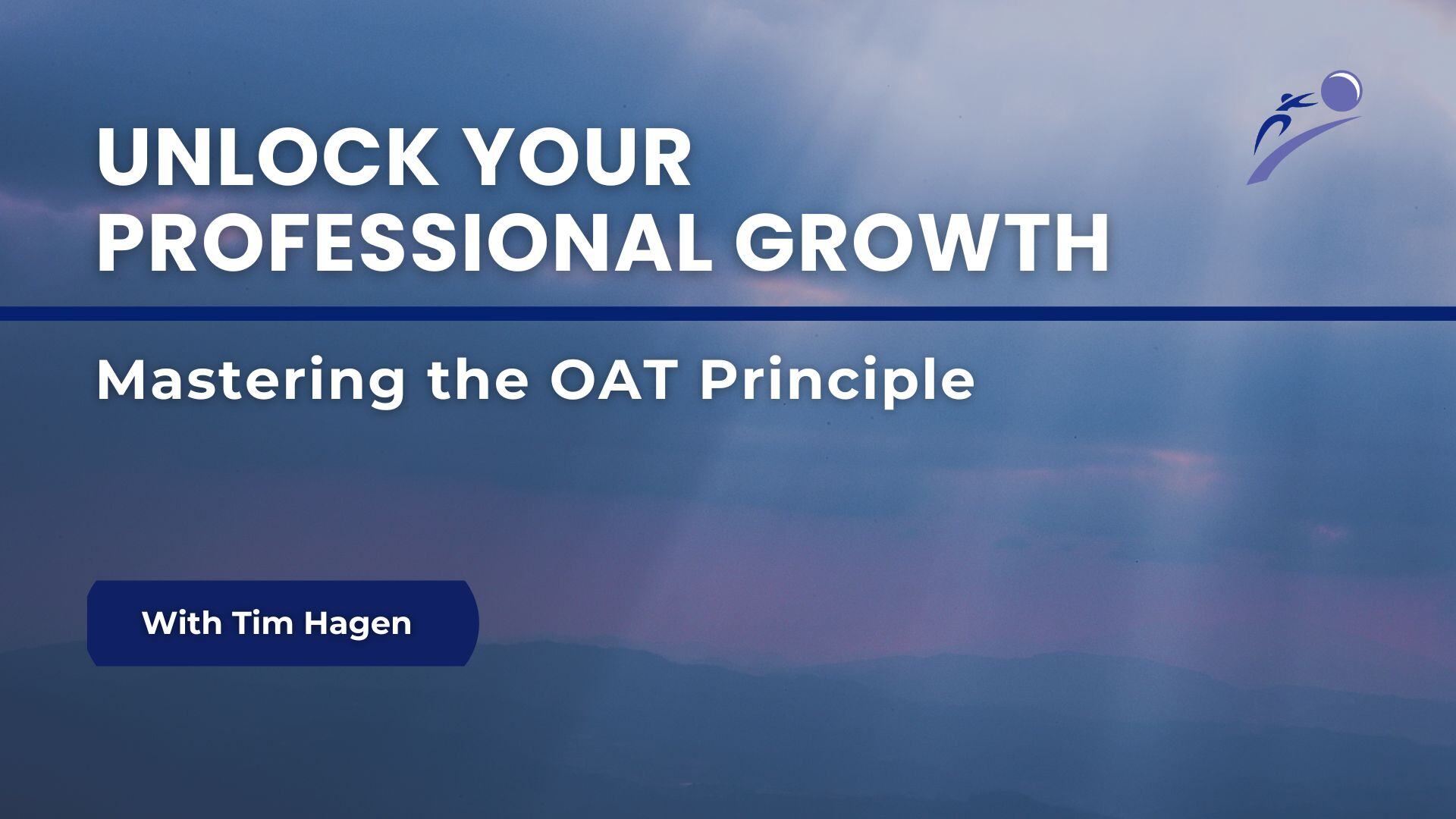I recently read a great piece by Maritz Reserach and it blew me away. We really need to coach our employees for a variety of reasons and this research really tells us why.
A new Maritz® Poll conducted by Maritz Research, a leader in employee satisfaction research, found that despite a slight improvement in business conditions, the American workforce remains less engaged with their employers than they did one year ago. Poor communication, lack of perceived caring, inconsistent behavior, and perceptions of favoritism were cited by respondents as the largest contributors to their lack of trust in senior leaders.
“A strong indicator of management mistrust is lack of shared values. Companies must align their overall values as an organization with those individual values of their people. Knowing that you work for a company whose values are similar to yours drives loyalty and strengthens trust.”
According to the poll, approximately, one-quarter (25 percent) of employees report having less trust in management than they did last year. Only 10 percent of employees trust management to make the right decision in times of uncertainty. The percentage increases to 16 percent among employees 18-24 years of age who only recently entered the workforce and didn’t directly experience many of the management scandals of the past 10 years.
Slightly more than one in 10 Americans (14 percent) believes their company’s leaders are ethical and honest. In addition, the poll found that only 12 percent of employees believe their employer genuinely listens to and cares about its employees, and only seven percent of employees believe senior management’s actions are completely consistent with their words.
“Employee trust is such a critical factor for success, especially given what the American workforce has faced the past several years. This data paints such a dire picture of employee trust levels, management must ask themselves how they can better engage with their people,” said Rick Garlick, Ph.D., senior director of strategic consulting and implementation, Maritz Hospitality Research Group. “A strong indicator of management mistrust is lack of shared values. Companies must align their overall values as an organization with those individual values of their people. Knowing that you work for a company whose values are similar to yours drives loyalty and strengthens trust.”
In situations where management trust is stronger than last year, nearly one-third (31 percent) of respondents said their personal values were completely consistent with their company’s values. When trust in management remained the same, only 13 percent of respondents said their personal values were completely consistent with their company’s values. When trust in management weakened this year, only two percent of respondents said their personal values were aligned with their company’s values.
I also want to share 2 great successes that support this research by Maritz. Two clients of ours who really coach their employees and engage daily had employees stay at their firm due to coaching and not take other jobs. Both employees told me due to the support and coaching by their manager it made it tough to leave and go to another organization who could not represent the same employee dedication to performance improvement! Coaching pays huge dividends in many ways!
If this research does not get you thinking nothing will. I have also attached a link to download our whitepaper "How to Use Coaching to Motivate Staff":
http://www.salesprogress.com/motivate-your-staff/
2nd Whitepaper: Creating A Coaching Culture:





